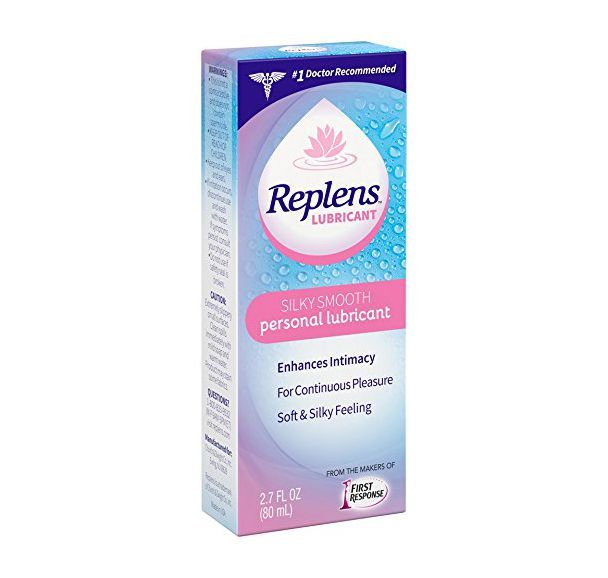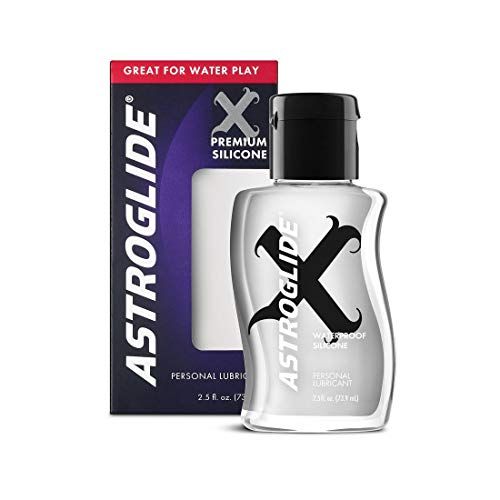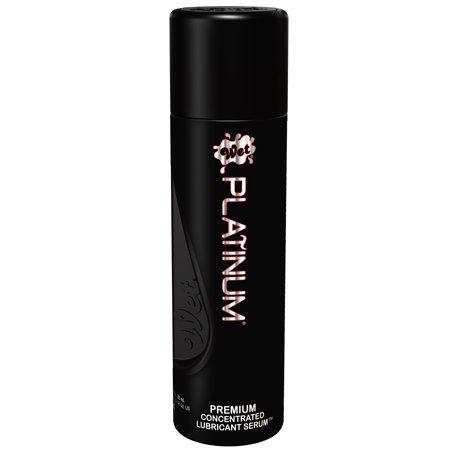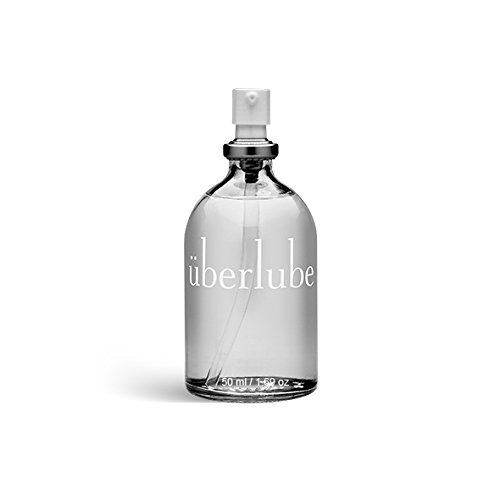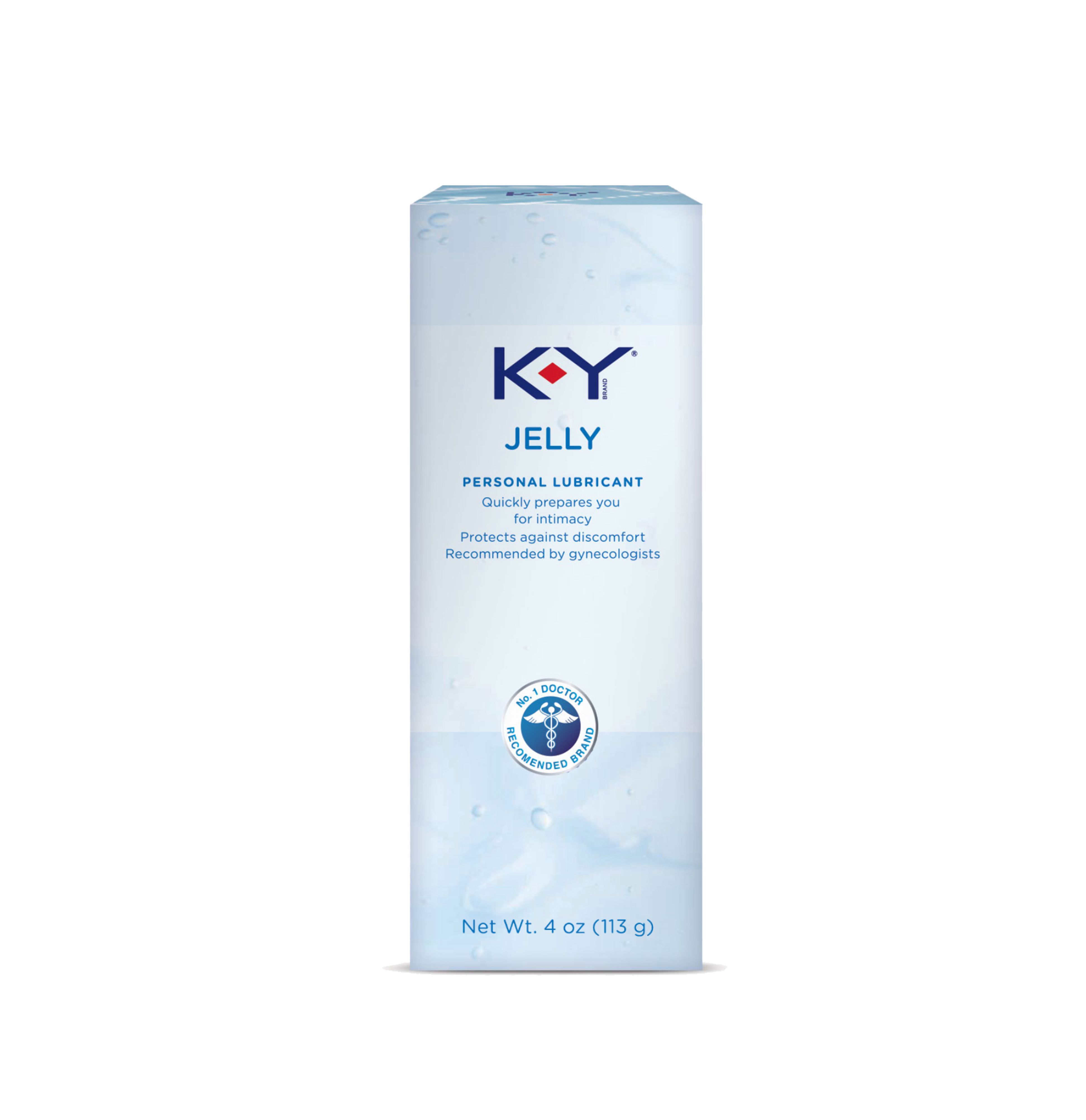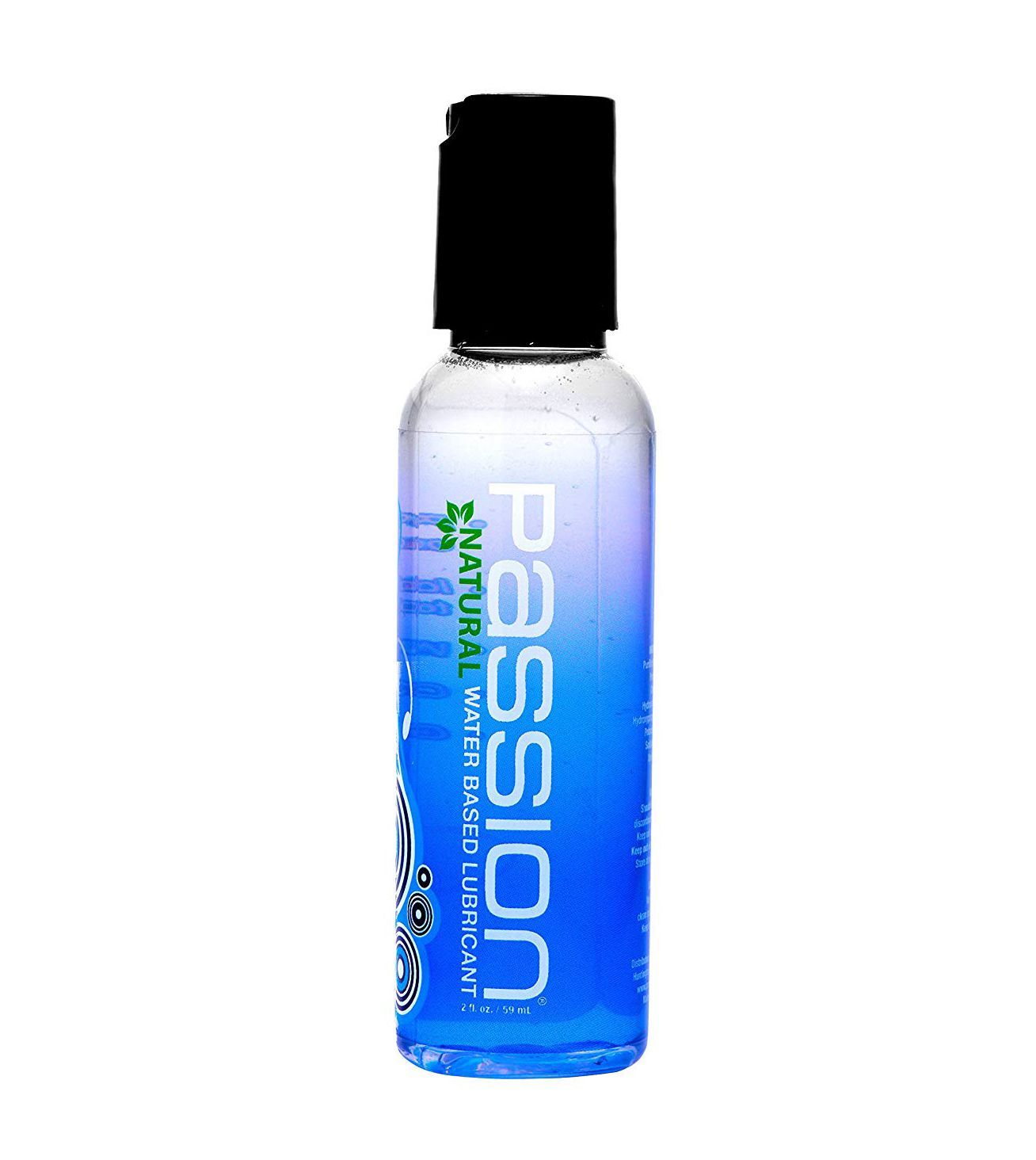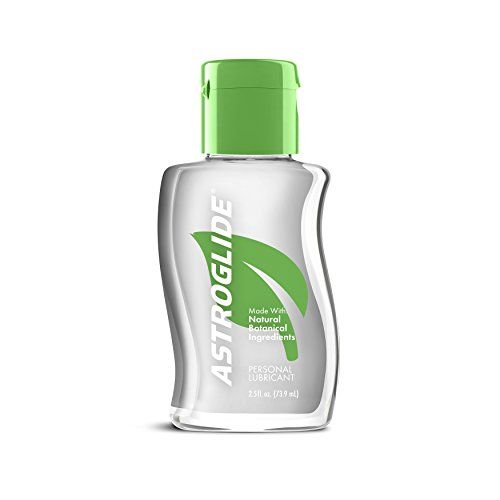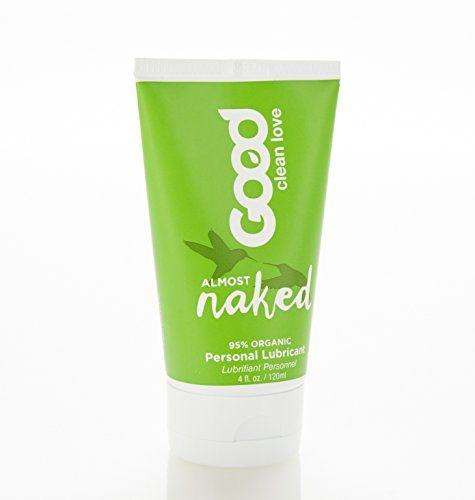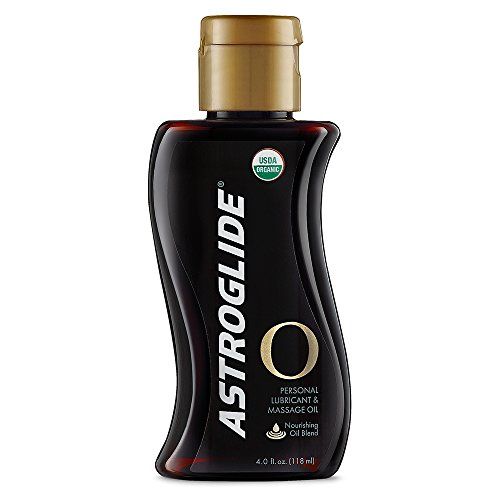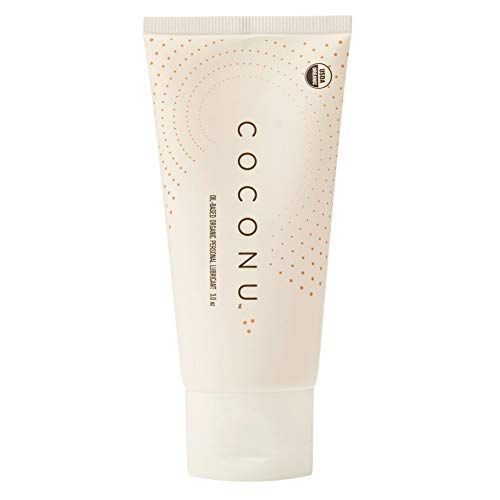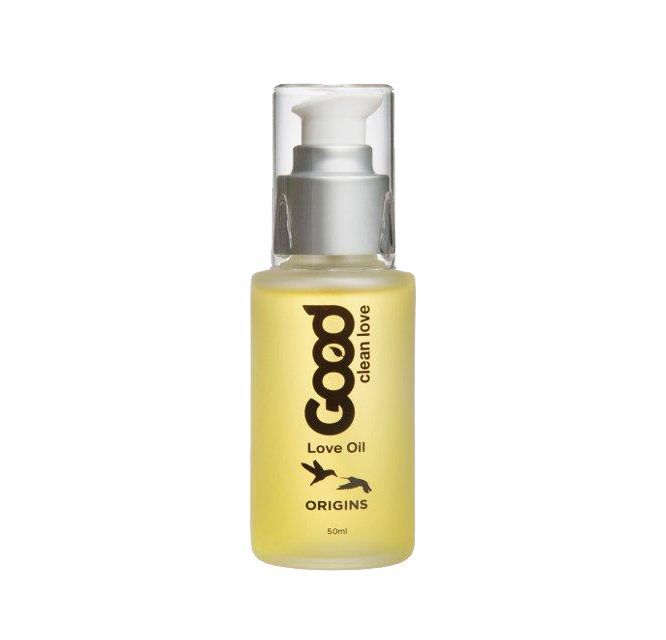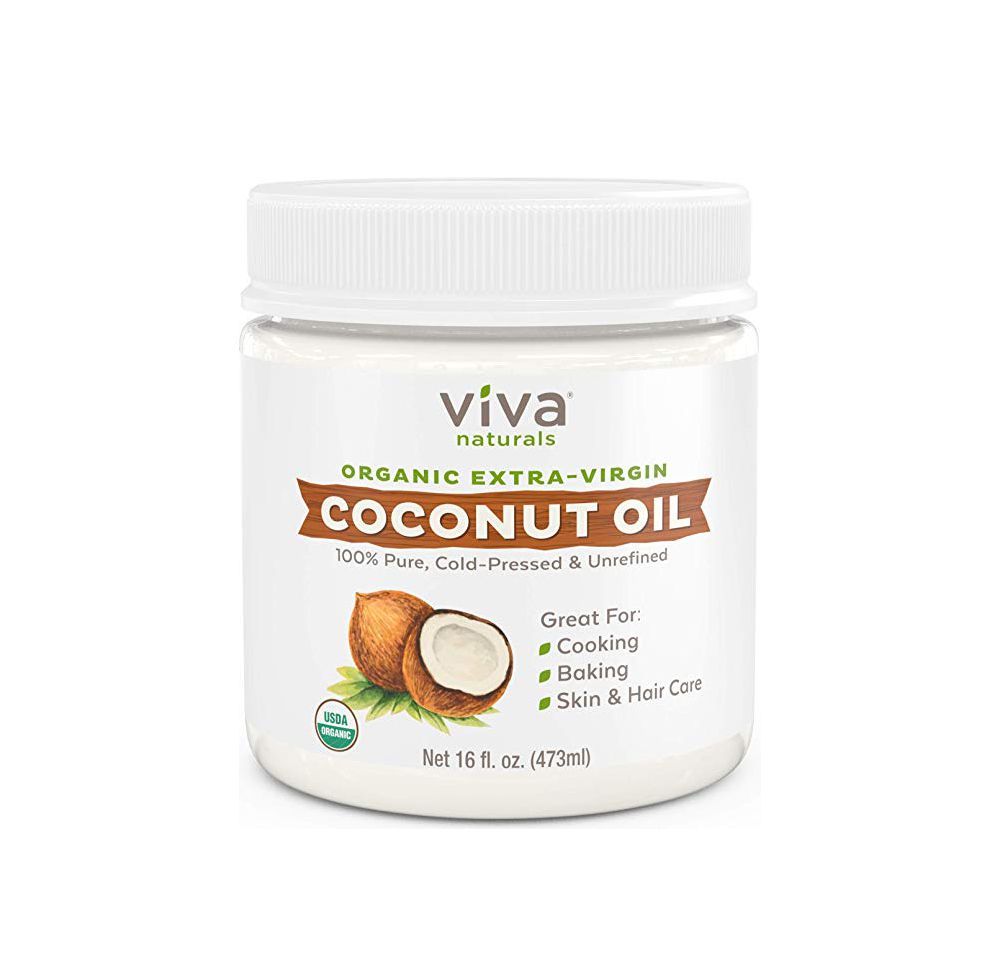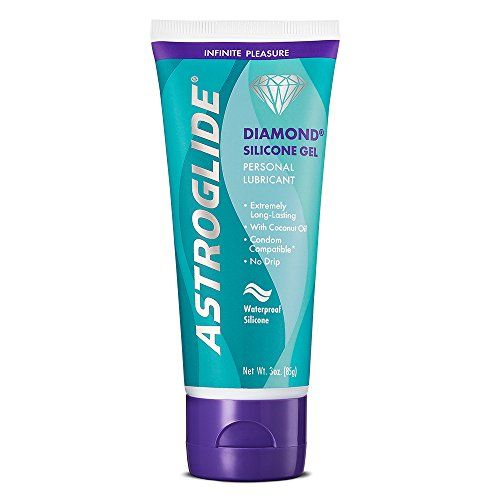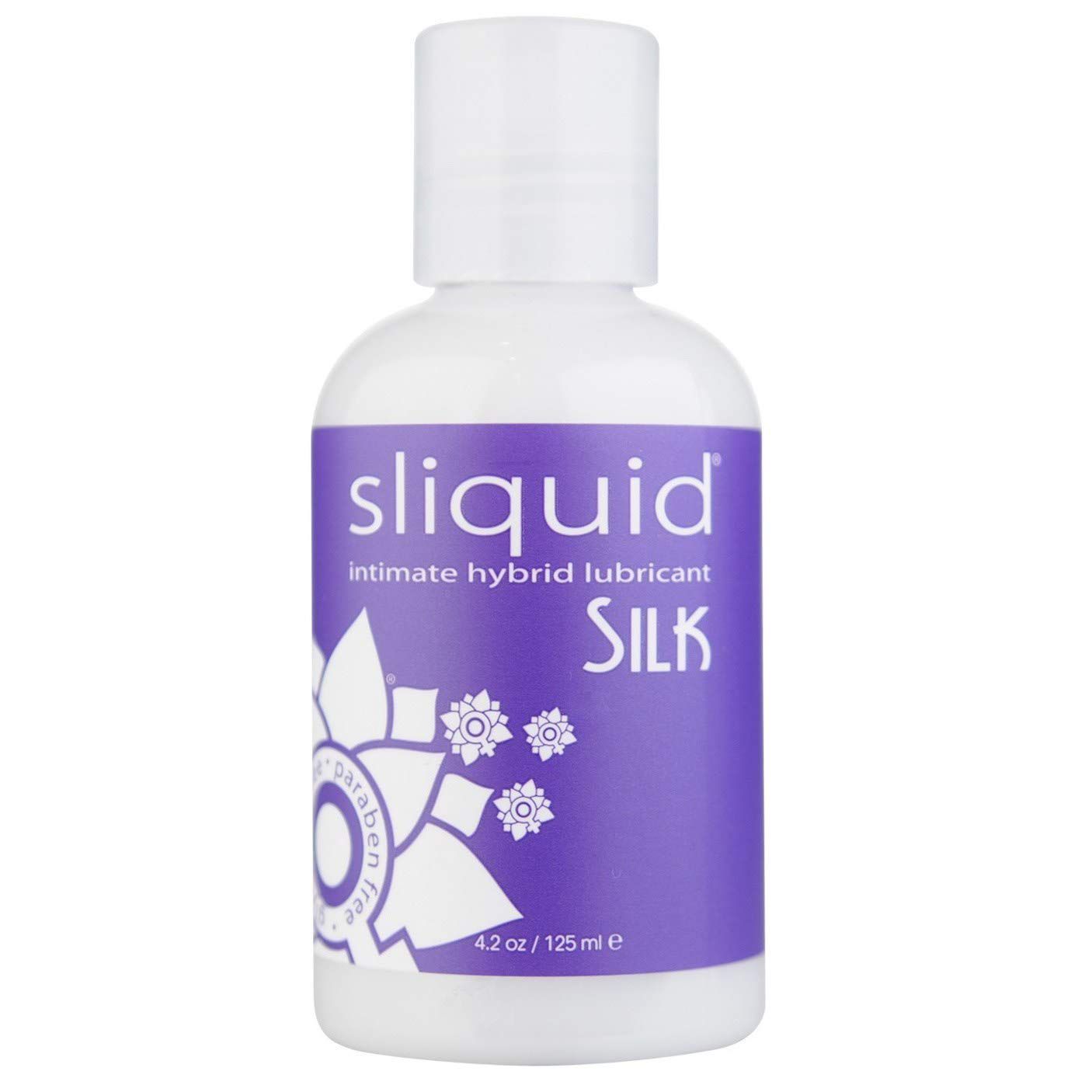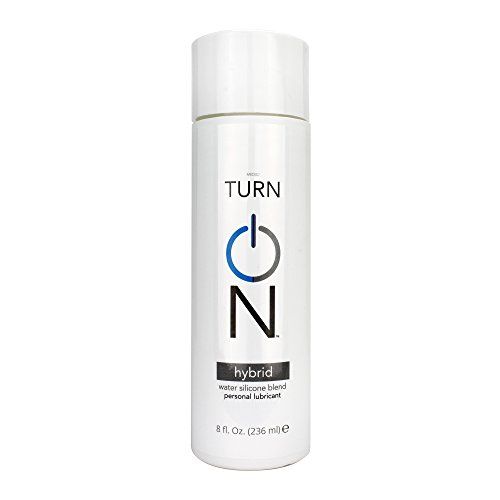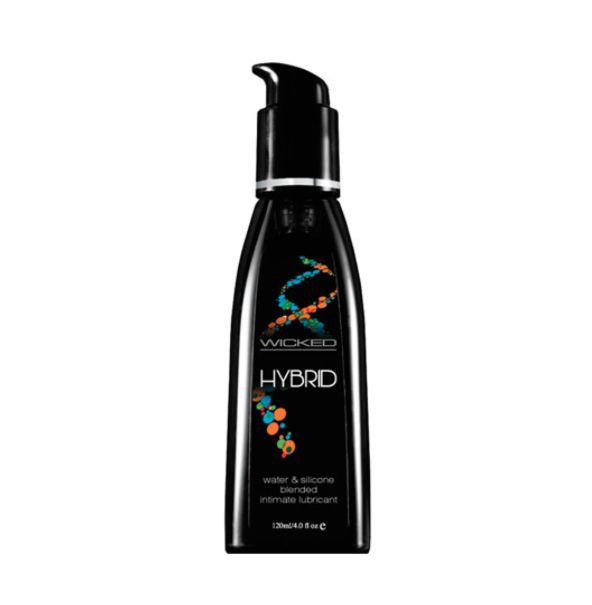“Lube is fundamental to smokin’ hot sex,” says sex and relationship expert Jess O’Reilly, host of the @SexWithDrJess Podcast. “This is because your options for stroking, pulsing, squeezing, twisting, rubbing, grinding, and kissing multiply exponentially when you’re both nice and wet.” In fact, many techniques and positions “simply aren’t doable without lube” because it helps your body glide more smoothly without chafing, she says. Science backs her up on this one: In one 2014 study published in The Journal of Sexual Medicine, researchers found that 65 percent of the 1,000 women surveyed reported trying out a personal lubricant, most commonly to decrease any discomfort and make sex feel more fun and pleasurable.
How to choose the best personal lubricant
Whether you need help getting things going down there or simply feel like shaking things up, there is a personal lubricant out there for you. The tricky part? Not all lubes are created equal. Here’s our quick guide to choosing a formula that will work for you:
For vaginal dryness: Stick with silicone lubricants. They last the longest and tend to be more slippery.For those trying to conceive: Research shows that some lubes may impact sperm motility, so look for fertility-friendly options, like Pre-Seed.For condom use: Do not use oil-based lubricants. They will degrade latex condoms, increasing your risk of pregnancy and STIs. For sex toy use: A water-based lubricant will be your safest bet with sex toys. Silicone lubes will degrade silicone sex toys, and oil-based lubes will degrade latex sex toys.For shower play: Choose silicone lubes when opting for shower sex to ensure that it is not washed away instantly. For those prone to yeast infections: Avoid lubricants that contain glycerin, alcohol, flavors, or warming agents, as they may prompt yeast overgrowth and irritation.
Next, here are the specific pros and cons of each type of lubricant, and the products that deserve a spot in your bedside drawer. Best overall: Silicone personal lubricants Pros: “Most women do better with silicone lubricants,” says Lauren Streicher, MD, a professor of clinical obstetrics and gynecology at Northwestern University Feinberg School of Medicine and author of Sex Rx. “They tend to be more slippery, last longer, and are not irritating.” Silicone formulas are also typically thicker and silkier than other options, O’Reilly says. “Silicone lube tends to be great for sex in the shower and hand jobs,” she says. “Some people also prefer it for anal penetration, as it is longer lasting.” There are also lots of great options on the market and they’re condom compatible—without that sticky feeling. Cons: You don’t want to use a silicone personal lubricant with a sex toy that contains silicone since it will wear down the material. Steer clear of silicone lubes if you have a known silicone allergy. Best for easy cleanup: Water-based personal lubricants Pros: “Water-based lubes come in several formulations including gels, creams, and liquids,” O’Reilly says. “Because they’re primarily composed of water, they wash away easily and won’t leave stains or residue.” They’re also good if you’re using condoms, says sex therapist Debra Laino, DHS. And, if you’re using a silicone sex toy, it’s best to use a water-based lube to keep it in good shape. Cons: Dr. Streicher says these lubes can be “tricky” because some can dry out vaginal tissue—especially if they have high osmolality, which describes the density of the lubricant. They can also get a bit sticky and don’t last as long as other options.
Best last-minute option: Oil-based personal lubricants
Pros: Oil-based lubricants can generally be broken down into two categories: the natural lubes in your kitchen (like olive oil or coconut oil) and lubricants you can buy at the drugstore, making them easily accessible. These lubricants are pretty thick, so they can also be used as massage oils. Cons: “It’s fine to use oils from your kitchen in a pinch,” says Dr. Streicher. Still, she says that women who use kitchen oils as lube all the time are at an increased risk of infection. Plus, “you can’t use oil with condoms because the oil eats away at the latex,” says Laino. The same goes for latex sex toys. Oil-based lubricants also don’t really last as long as other types of lubes, since the oil gets absorbed into your body, Dr. Streicher says.
Best of both worlds: Hybrid personal lubricants
Pros: Hybrid lubes are typically a blend of silicone and water-based formulas. “They tend to be longer lasting than a typical water-based formula, but not as thick as a silicone lube,” O’Reilly says.
Cons: Since these personal lubricants contain silicone, it’s not recommended that you use hybrid lubes with silicone sex toys, Laino says. There are also fewer options to choose from in the hybrid department, so they’re a bit harder to find.
The bottom line: Finding the right personal lubricant is an extremely personal choice and completely depends on your preferences. If you’re not sure which lube is best for you, talk to your doctor, who will be able to steer you into the right direction.
Stay updated on the latest science-backed health, fitness, and nutrition news by signing up for the Prevention.com newsletter here. For added fun, follow us on Instagram.
